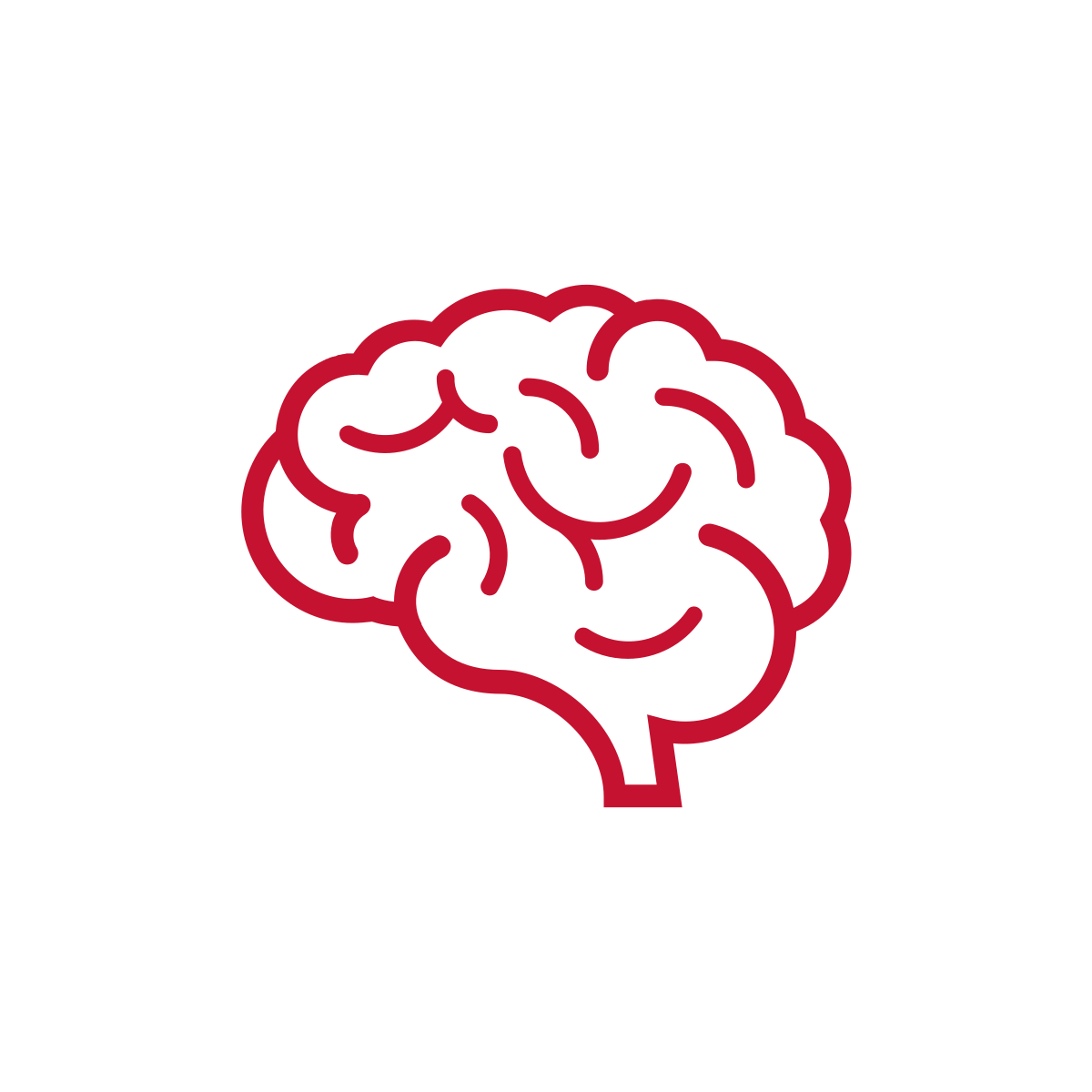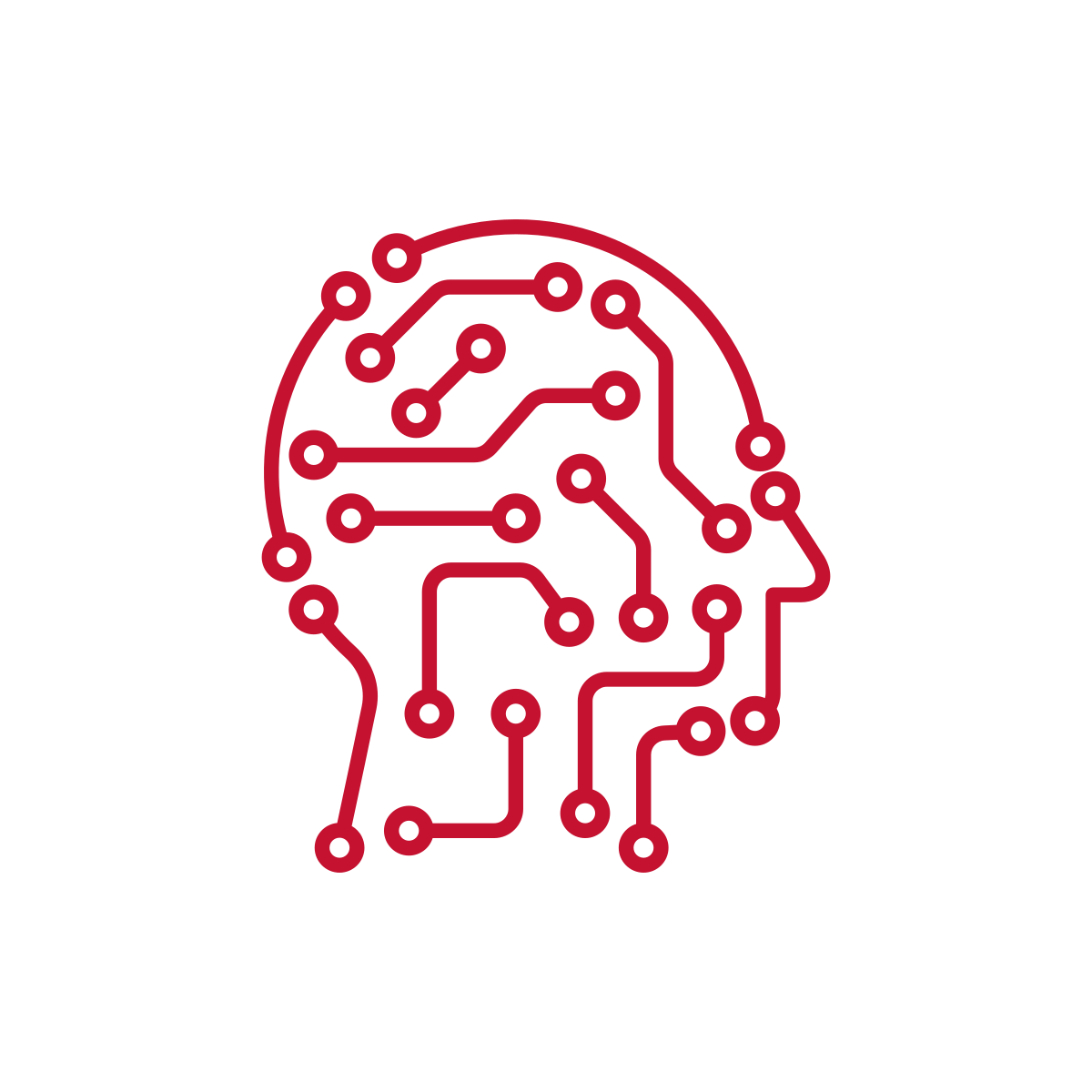Our Research
AI-SDM researchers are working to enhance our understanding of human decision-making. They are advancing AI techniques for autonomous decision-making while considering human factors that govern the acceptance of decisions. These AI advancements are not only inspired by human decision-making but are also actively applied to enhance decision-making processes in critical areas such as resource allocation, personalized interventions in public health, and disaster management.
Click here to learn about our annual workshop on Human-AI Teaming
AI Development

Computational Representation of Human Decision Processes
Model human reasoning and identify areas of human-AI complementarity, which is key to developing better AI tools and ensuring their success in society.
Leads: Cleotilde Gonzalez, research professor, CMU's Department of Social and Decision Sciences; Christopher Dancy, associate professor, Penn State College of Engineering

Robust Aggregation for Collective Decision Making
Generate an understanding of how individual perceptions of risk, equity, ethics, and other factors lead to societal outcomes, and design personalized AI-driven interventions targeting collective measures.
Leads: Ariel Procaccia, professor of computer science at Harvard; Aaditya Ramdas, assistant professor, CMU's Department of Statistics & Data Science and the Machine Learning Department

Multi-objective and Multi-agent Autonomous Decision Support
Advance AI for decision making in the face of uncertainty, dynamic circumstances, multiple competing criteria, and polycentric coordination.
Leads: Sham Kakade, computer science and statistics professor, Harvard; Jeff Schneider, research professor, CMU's Robotics Institute.

Causal and Counterfactual Reasoning
Develop explainable models that provide mechanistic understanding of decisions and enable decision makers to reflect on past actions and evaluate choices not taken.
Lead: Kun Zhang, associate professor, CMU's Department of Philosophy
AI Deployment

Dynamic and Equitable Resource Allocation
Enable public health officials and emergency managers to allocate resources equitably under evolving demands, resource constraints, and multiple competing criteria.
Leads: Maia Majumder, assistant professor, Computational Health Informatics Program, Harvard Medical School and Boston Children's Hospital; Robin Murphy, professor of computer science and engineering, Texas A&M University

Timely Personalized Interventions
Design of interventions customized to the demographic and behavioral characteristics of heterogeneous groups of decision makers that leads to effective risk communication and improved health and disaster outcomes.
Leads: Gretchen Chapman, head of CMU's Department of Social and Decision Sciences; Terri Adams-Fuller, professor, Department of Sociology and Criminology, Howard University

Adoption of AI Decision Support
Develop understanding of what societal factors facilitate the adoption of AI-enabled decisions and how different use patterns can navigate their influence.
Lead: Paul Lehner, chief engineer, Information Technical Division, MITRE Corporation
